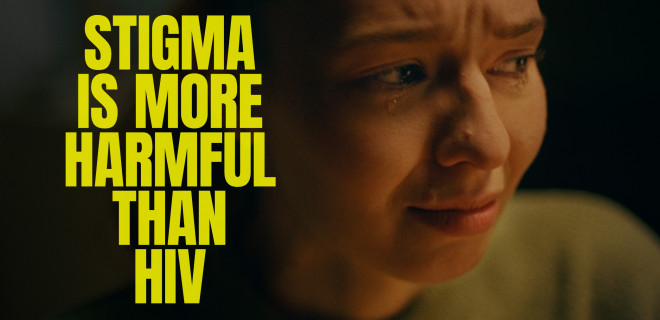New data from Public Health Scotland shows the country has made progress toward ending new HIV cases. In 2024, 116,981 people tested for HIV in Scotland. This means overall testing numbers for HIV have exceeded pre-COVID levels for the first time, after collapsing during the pandemic. However, the number of people tested for HIV in sexual health services, general practice and prisons failed to recover to 2019 rates. There were 125 new diagnoses of HIV in Scotland in 2024, consistent with the 126 recorded in 2023.
Additional figures from Public Health Scotland estimate that 9% of people in Scotland who have been diagnosed with HIV are not currently receiving treatment or connected to HIV care. As a result, Scotland is failing to meet the UNAIDS 95:95:95 target, despite the Scottish Government’s ambition to go further and end new HIV cases by 2030.
The UK’s leading HIV charity, Terrence Higgins Trust, which runs services across Scotland, has welcomed the progress on testing but warns that the government will need to accelerate action to address plateauing levels of undiagnosed people and start work to re-engage everyone in care.
Following campaigning from Terrence Higgins Trust and partners, the Scottish Government committed to roll-out emergency department opt-out testing for HIV in Scotland’s largest cities earlier this year. This game-changing approach, announced by the First Minister John Swinney, will see thousands more people tested for HIV, helping to find and support the estimated 400 undiagnosed people in Scotland.
Richard Angell OBE, Chief Executive of Terrence Higgins Trust said, “We welcome the progress that has been made on testing and look forward to the imminent roll-out of opt-out testing in Scotland’s A&Es. We share the First Minister’s aspiration for further progress, as Scotland is still not on track to meet our shared goal to end new cases of HIV by 2030. Once opt-out testing is up and running, our focus must move to making testing and PrEP available online all year round and taking action to find and support the 900 people living with HIV who are not taking their medication.”
Content
Text



